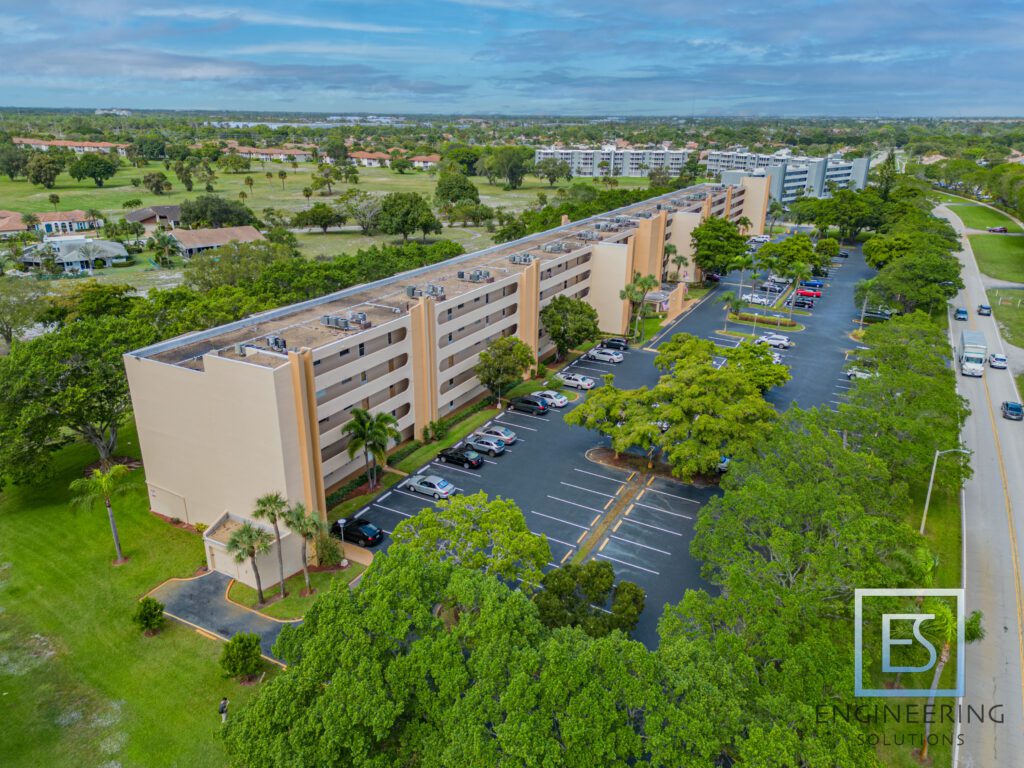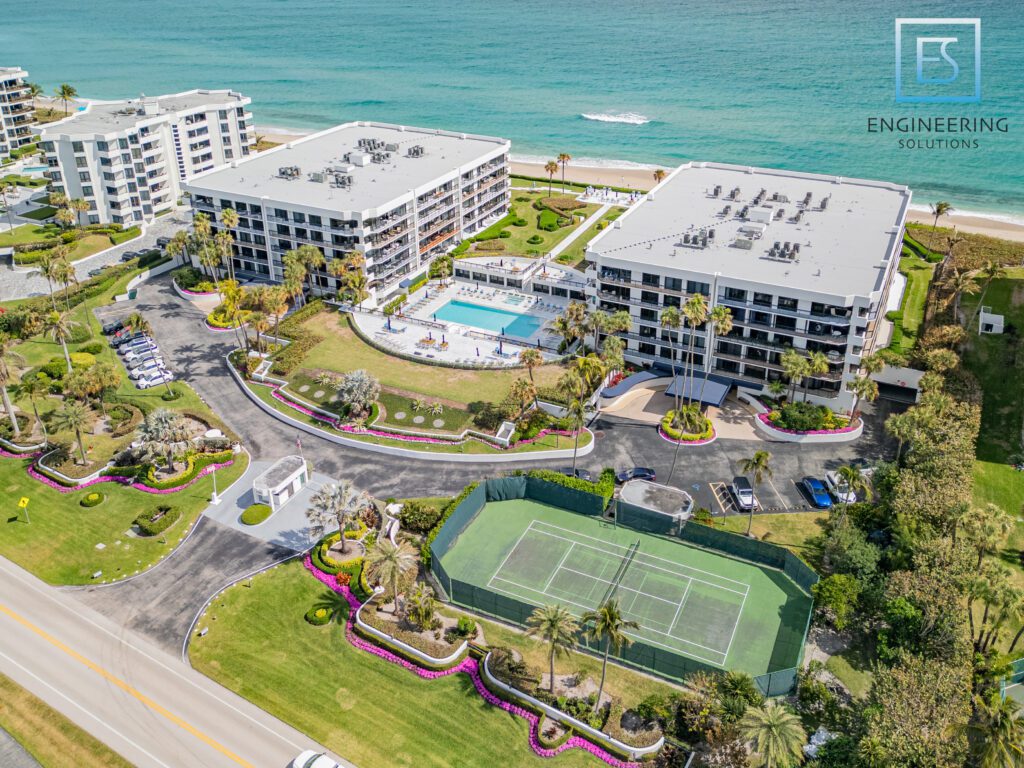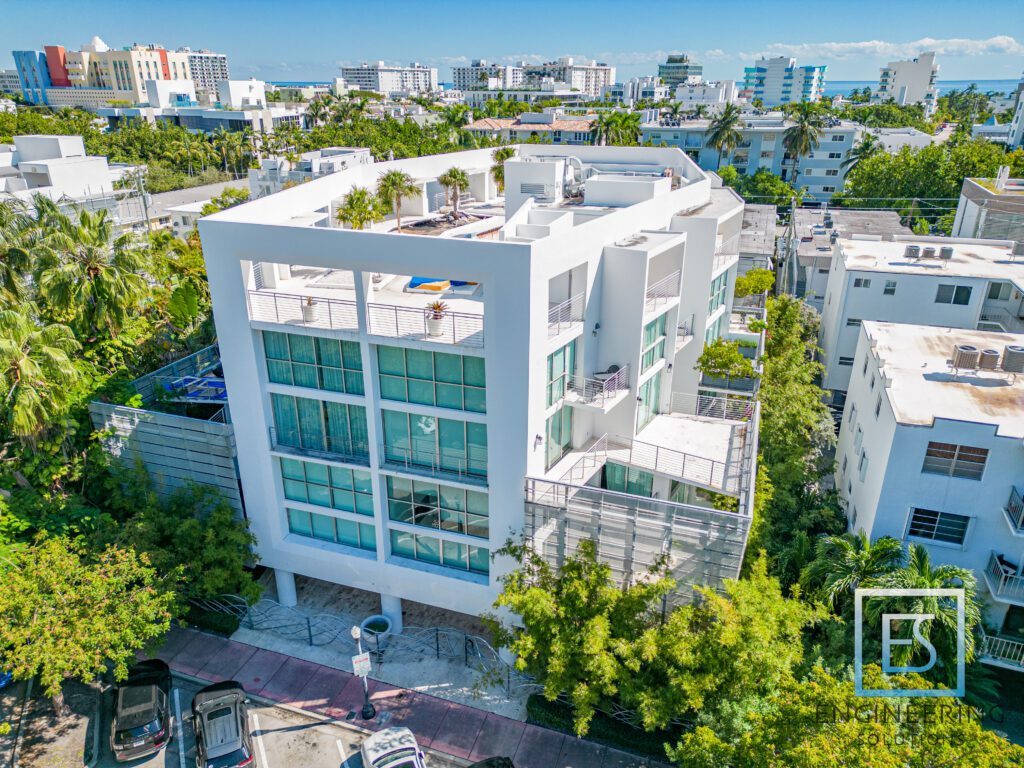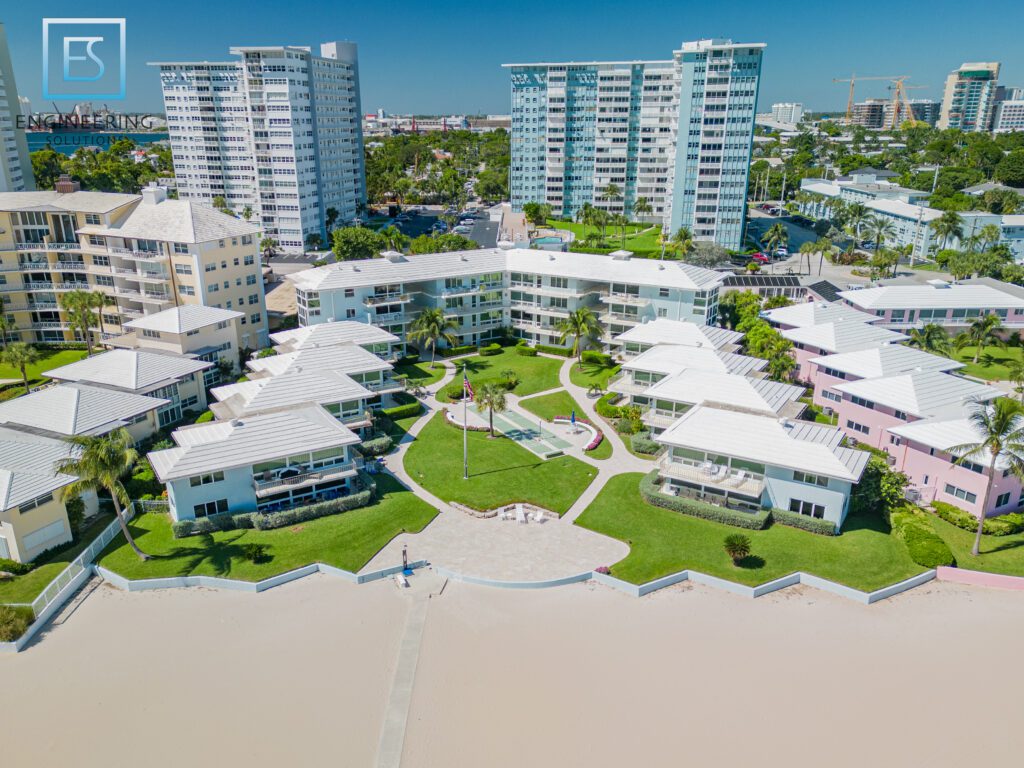Structural Integrity Reserve Studies (SIRS)
Structural Integrity Reserve Studies (SIRS)
What is a Structural Integrity Reserve Study?
A Structural Integrity Reserve Study (SIRS) is a detailed analysis required by Florida Senate Bill 4-D (SB 4-D) to assess and plan for the long-term maintenance and replacement costs of critical building systems in residential cooperative associations (co-ops). This study must be completed at least every 10 years for any building that is three stories or higher. The study focuses on the structural integrity and safety of the building and includes an evaluation of key components such as the roof, plumbing, electrical systems, and other structural systems. The study also helps determine how much money the association needs to set aside each year to properly fund repairs or replacements as these systems age.
Why SIRS Matter:
The importance of the SIRS in Florida cannot be overstated, especially considering the state's climate and the risks associated with aging buildings. Florida is prone to severe weather conditions, including hurricanes, which place significant stress on building infrastructure. The collapse of the Surfside condominium in 2021 highlighted the catastrophic consequences of neglecting building maintenance. The SIRS aims to ensure that buildings remain structurally sound and safe for residents by establishing a proactive financial plan for future repairs and maintenance.
Who Needs a Structural Integrity Reserve Study?
- Residential cooperative associations (co-ops) in Florida that own or manage buildings that are three stories or higher must have a SIRS conducted.
- This includes buildings in which individual units or residents have a shared interest in the property and its maintenance.
- Associations that are unit-owner-controlled (i.e., the developer has handed over control to unit owners) must have a SIRS completed by December 31, 2024.
- For developers who still control the association, the SIRS must be completed before they transfer control to unit owners.
How Are Structural Integrity Reserve Studies Conducted?
The study is based on a visual inspection of the building property, with the following process:
- Inspection: A qualified professional—such as a licensed engineer, architect, or certified reserve specialist—performs a visual inspection of the building. This inspection focuses on essential components of the building that affect its structural integrity and safety.
- Key Components Assessed:
- Roof
- Primary structure (including load-bearing walls and other primary structural systems)
- Fireproofing and fire protection systems
- Plumbing
- Electrical systems
- Waterproofing and exterior painting
- Windows and exterior doors
- Any other components with a replacement cost or deferred maintenance expense exceeding $10,000
- Findings:
- The study identifies the remaining useful life of each component and estimates the replacement costs or deferred maintenance expenses for each.
- The study will also recommend the reserve funding schedule. This is a plan for how much money the association should set aside each year to cover future repair or replacement costs, ensuring that these funds are available when needed.
- Recommendations:
- The study may recommend that reserves for replacement costs are not needed for components with a useful life of over 25 years or if the cost is difficult to estimate.
- For components where the useful life or replacement cost can’t be easily determined, the study will recommend setting aside funds for deferred maintenance instead.




